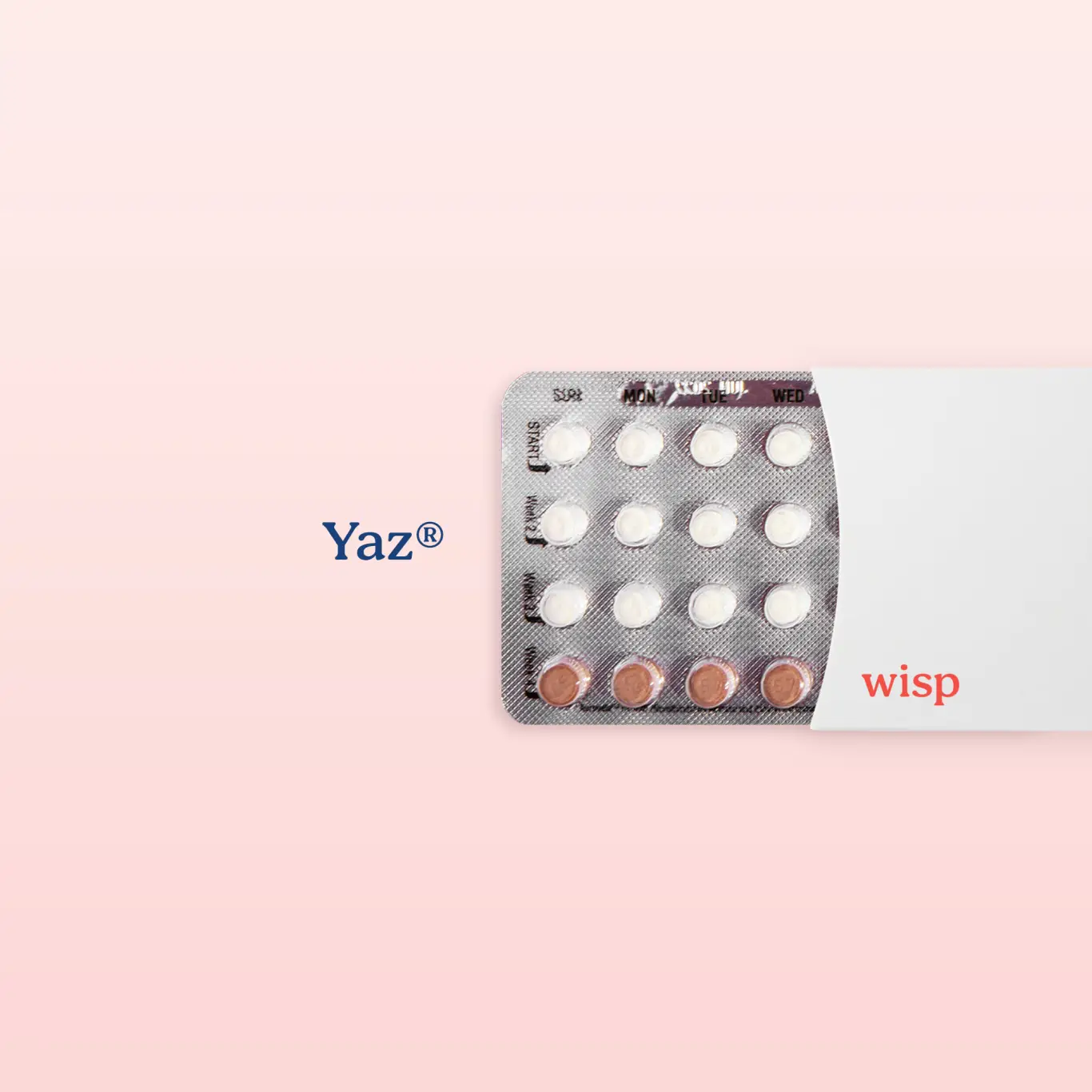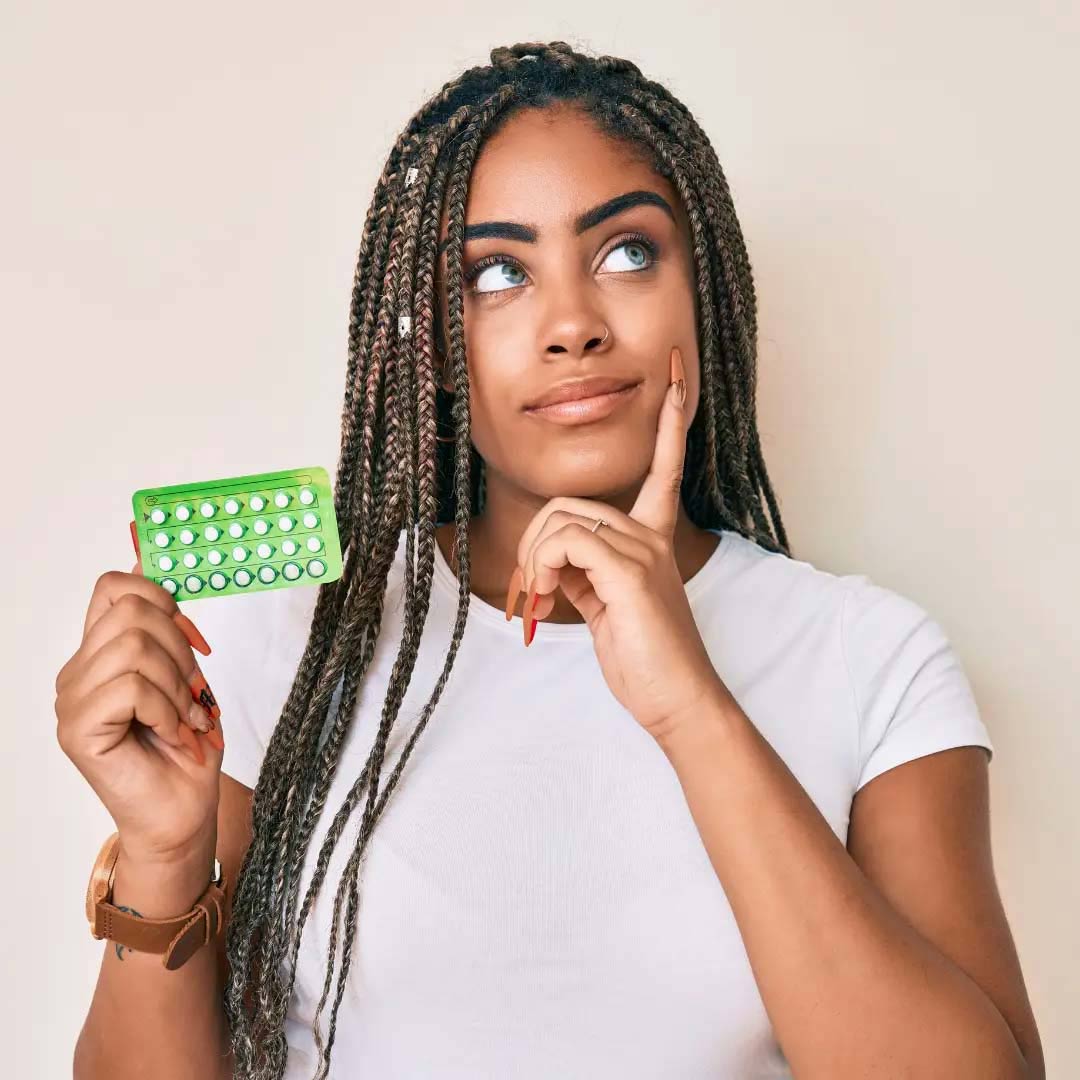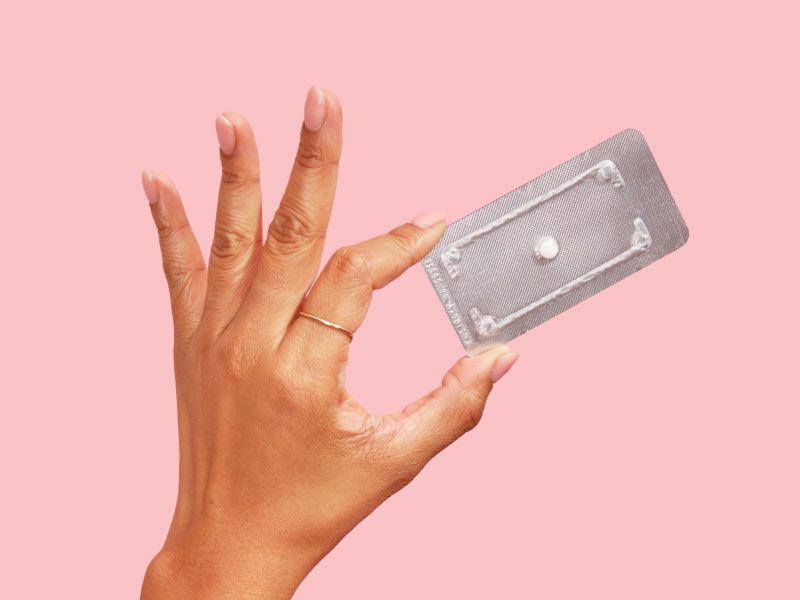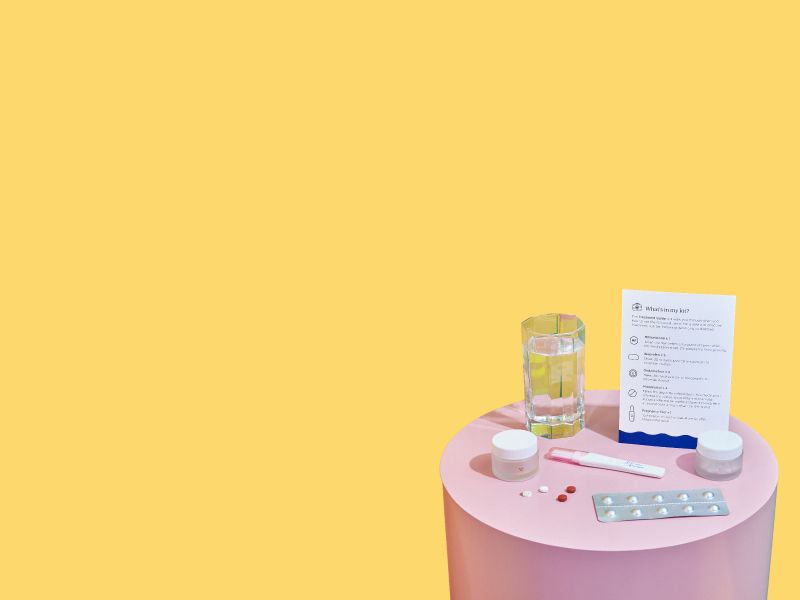
Wisp's Reproductive Health Survey 2024
Wisp is on a mission to expand access to sexual & reproductive healthcare, making it easier for more of you to get the vital, time-sensitive services that keep you healthy. As you already know, reproductive care is becoming more and more difficult to access, as anti-choice legislators work to pass abortion bans and other restrictive measures that make it harder for people, especially women, to get the treatment they need. We wanted to know more about what American women are facing when it comes to healthcare access in 2024.
We asked 1,500 women aged 18-45, from all over the United States, about their reproductive healthcare use & access. Here’s what we learned...


While the birth control pill and the good 'ol fashioned condom are still some of the most popular (and most affordable) forms of pregnancy prevention, 17% of women rely on the Intrauterine Device, or IUD. While female patients have discussed the pain IUD insertion for decades, only recently has the CDC issued new recommendations around pain management, calling for doctors to inform their patients about local anesthetic lidocaine available to take the edge off this painful procedure. This change in guidance may result in a more comfortable process for patients who wish to opt for longer-term contraception.
And while access to reliable birth control services is an important part of reproductive health, so is access to safe and effective abortion.

Birth control access and access to emergency contraception are two ways to reduce rates of abortion by reducing the risk of unplanned pregnancy. Unfortunately, women, especially Gen Z women, struggle to access both, citing cost concerns and lack of insurance as their biggest barriers to care.

These challenges may be why people across the country feel more negative than positive about the state of reproductive healthcare in the US.


Gen Z women don't have much faith in the state of sexual and reproductive healthcare access either—and we can't blame them. But we believe Wisp can make a difference. Wisp is making it easier for you to access the reproductive care you need with Birth Control and Emergency Contraception available in all 50 states, and access to medication abortion in 9 states, with more to come. Activists and legislators have been working together to stop restrictive abortion measures across the country, and voters have been making sure their politicians know that they support access to reproductive care. We think maybe the future is looking a little bit brighter.

Yaz® Birth Control (generic)
Starting at $15
Similar to: Gianvi, Jasmiel, Lo-Zumandimine, Loryna, Nikki, Vestura

Vaginal Birth Control Ring (Generic NuvaRing®)
Starting at $22
The contraceptive ring (NuvaRing®) protects you from pregnancy without a daily pill.

Birth Control Patch
Starting at $12
The Birth Control Patch is non-invasive contraception that makes it easy to prevent pregnancy.

Levonorgestrel (Generic PLAN B)
Starting at $12.50
Take Levonorgestrel as soon as possible but within 72 hours (3 days) of unprotected intercourse or contraceptive failure. Delivery only - order ahead of time!


